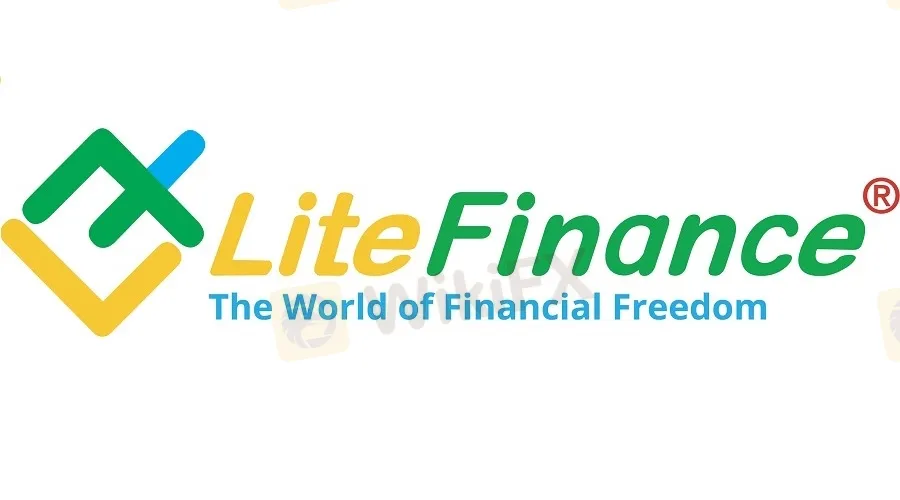简体中文
繁體中文
English
Pусский
日本語
ภาษาไทย
Tiếng Việt
Bahasa Indonesia
Español
हिन्दी
Filippiiniläinen
Français
Deutsch
Português
Türkçe
한국어
العربية
LiteFinance Warns of Possible ‘Unstable’ Markets amidst US Midterms
Abstract:The broker warned customers of “wider spreads, higher volatility." Strategas' research suggests equity traders are betting on a Republican win.

CLICK HERE FOR MORE INFO ABOUT: LiteFinance
LiteFinance, a retail forex and CFD broker, says its customers might experience “an unstable situation” in the currency, commodity and stock markets before and after the US midterm elections held today. The US midterm election is a major political event in the United States. The election is conducted mid-way into the US Presidents four-year term of office to elect new members of Congress.
Take Advantage of the Biggest Financial Event in London. This year we have expanded to new verticals in Online Trading, Fintech, Digital Assets, Blockchain, and Payments.
As a result of the election, LiteFinance announced on Monday that customers might get “wider spreads, higher volatility, lower liquidity or price gaps.” This is as elections and other major political events are known to disrupt financial markets.
In the announcement, the broker said it reserves the right to augment margin requirements on all trading servers. “Consider this information when making trading decisions and provide enough margin in your trading accounts during the above-mentioned period,” the brokerage said.
Elections and Financial Markets
According to Strategas, an institutional brokerage firm that provides macro research, advisory and capital markets services, equity traders appear to be in favour of Republican control of both the US Senate and the House of Representatives.


Additionally, Jan Hatzius, Goldman Sach‘s Chief Economist believes that because participants in the country’s financial market are expecting a Republican win, they might have a “muted” reaction if that happens.
Meanwhile, reports that stock futures increased on Tuesday as investors looked forward to their predictions becoming reality. The outlet said the Dow Jones Industrial Average futures went up by 0.33%, S&P 500 futures by 0.35% and NASDAQ 100 futures by 0.63%.
LiteFinance and Expansion
Also, LiteFinance implemented changes in its institution last year, rebranding to LiteFinance from LiteForex. The company said the rebranding was part of a major restructuring it made to its group of companies.
On top of that, earlier this year, LiteFinance expanded its presence in Asia with the opening of a new regional representative office in Singapore. The broker said the goal is to support its clients and partners in the country. This is even as LiteFinance boasts representative offices in Asia and Africa. The offices are located in Kenya, Ghana, Morocco, Indonesia, Kyrgyzstan, Mongolia, Myanmar, Thailand, Vietnam and a few other countries.

Disclaimer:
The views in this article only represent the author's personal views, and do not constitute investment advice on this platform. This platform does not guarantee the accuracy, completeness and timeliness of the information in the article, and will not be liable for any loss caused by the use of or reliance on the information in the article.
Read more

Bank Negara Malaysia Flags 12 New Companies for Unauthorised Activity
Bank Negara Malaysia (BNM) has updated its Financial Consumer Alert List (FCA List) by adding 12 more entities, reinforcing its efforts to warn the public against unregulated financial schemes. Check if your broker made the list!

TradingView Brings Live Market Charts to Telegram Users with New Mini App
TradingView has launched a mini app on Telegram, making it easier for users to track market trends, check price movements, and share charts.

Georgia Man Charged in Danbury Kidnapping and Crypto Extortion Plot
Georgia man James Schwab charged in Danbury kidnapping tied to $230M crypto heist. Plot targeted couple for ransom after Miami altercation with son.

Bybit Shuts Down NFT Marketplace Amid Crypto Market Downturn
Bybit announces the closure of its NFT marketplace, citing efforts to streamline offerings. Discover the latest trends in the declining NFT market and its shift to utility-based growth.
WikiFX Broker
Latest News
Exposing the Top 5 Scam Brokers of March 2025: A Closer Look by WikiFX
Gold Prices Climb Again – Have Investors Seized the Opportunity?
Webull Launches SMSF Investment Platform with Zero Fees
Australian Regulator Warns of Money Laundering and Fraud Risks in Crypto ATMs
The Withdrawal Trap: How Scam Brokers Lure Victims into Paying More
FCA to Investors: Think Twice Before Trusting These Brokers
Trump\s tariffs: How could they affect the UK and your money
Trump gambles it all on global tariffs he\s wanted for decades
TradingView Brings Live Market Charts to Telegram Users with New Mini App
HTFX Spreads Joy During Eid Charity Event in Jakarta
Currency Calculator







